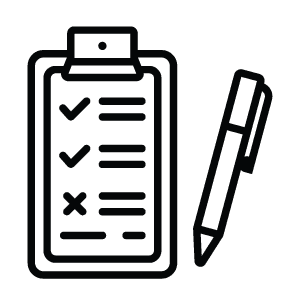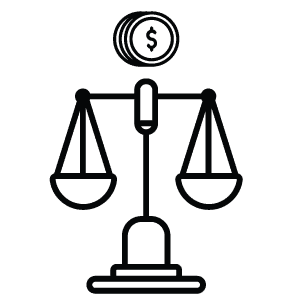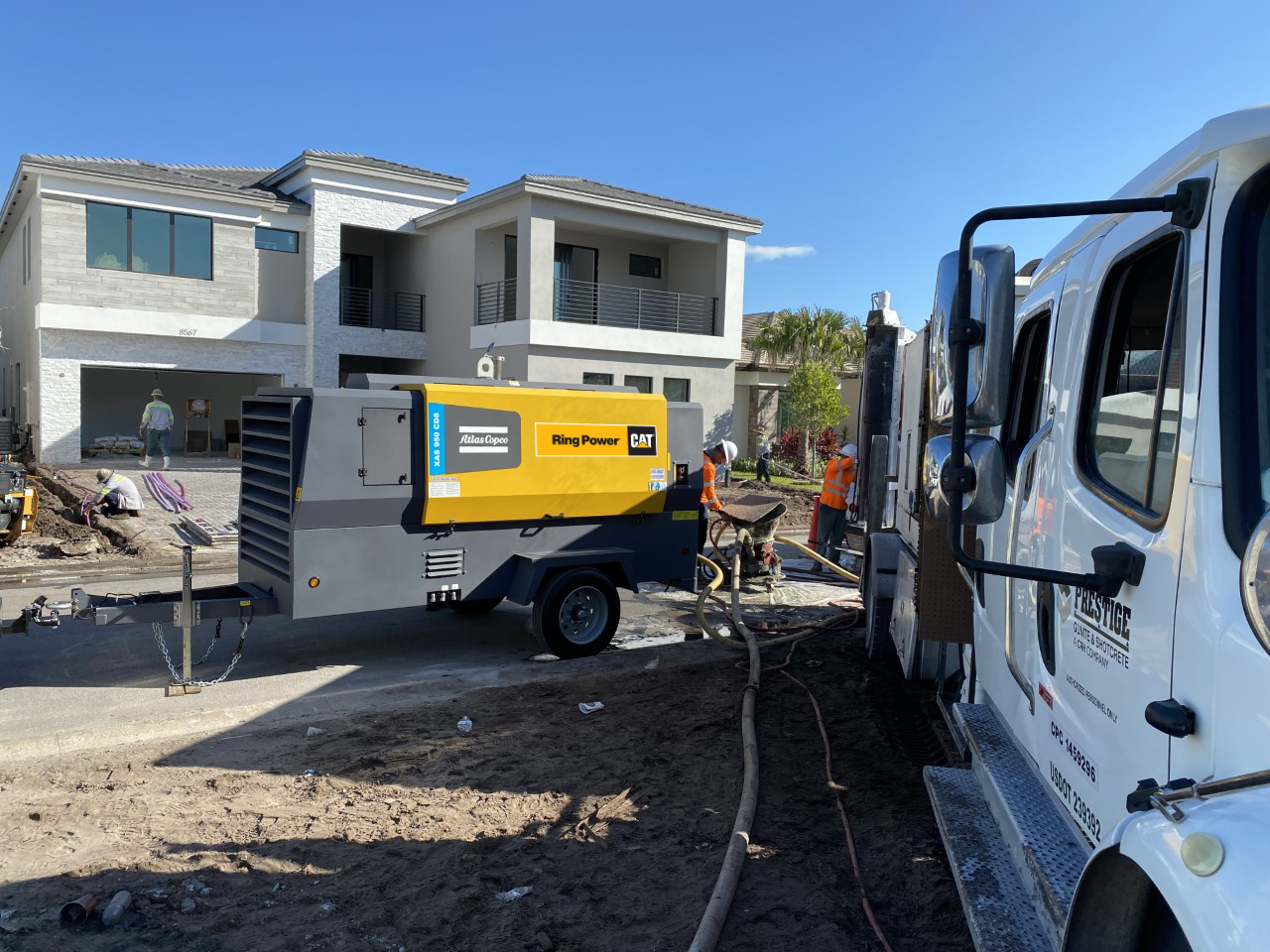Business Hours: 7:30AM-5:00PM (Mon-Fri) | After Hours Service Available: 833.585.6340
Normal Business Hours: 7:30AM - 5:00PM (Mon-Fri)
After Hours Service Available: 833.585.6340
Air Audits
A compressed air audit is a thorough assessment of a facility's compressed air system to evaluate its efficiency, identify areas of energy waste, and propose recommendations for improvement.
Professional Compressed Air System Assessment
The audit aims to optimize the performance of the compressed air system, reduce energy consumption, and enhance overall productivity.
Options for Your Compressed Air Audit:

1. System Assessment:
The auditor assesses the entire compressed air system, including compressors, air dryers, filters, piping, valves, and end-use equipment. They gather data on operating conditions, such as pressure levels, flow rates, and usage patterns.

2. Leak Detection:
Compressed air leaks are a common source of energy waste. The auditor uses specialized equipment to identify and quantify leaks in the system, helping prioritize repairs and reduce air losses.

3. Measurement and Monitoring:
Instruments are used to measure the performance of the compressed air system, including power consumption, air pressure, air quality, and flow rates. This data provides insights into system efficiency and helps identify areas for improvement.

4. Data Analysis:
The auditor analyzes the collected data to evaluate the overall efficiency of the system, including energy consumption, air quality, and system losses. They compare the system's performance against industry standards and best practices.

5. Recommendations:
Based on the findings, the auditor provides recommendations for optimizing the compressed air system. This may include suggestions for equipment upgrades, leak repairs, system reconfiguration, or changes in operational practices to improve energy efficiency and reduce costs.

6. Cost-Benefit Analysis:
The auditor may provide a cost-benefit analysis for implementing the recommended improvements, considering factors such as upfront costs, energy savings, and payback periods. This helps facility owners make informed decisions regarding potential investments.
By conducting a compressed air audit, Ring Power can identify energy-saving opportunities, reduce operational costs, improve system reliability, and minimize the environmental footprint of your facilities. It is a valuable process for optimizing the performance of compressed air systems in industrial, commercial, and manufacturing settings.
The Air Audit Process
An assessment of your current compressed air system involves gathering data on equipment specifications, operating conditions, and energy consumption patterns. Next, specialized instrumentation and measurement techniques are employed to analyze key performance indicators such as air flow, pressure levels, and energy usage. These findings are then used to identify areas of inefficiency, diagnose underlying issues, and develop tailored recommendations for optimization.
The true value of an air audit lies in its ability to translate findings into actionable solutions. Armed with a detailed understanding of compressed air systems, Ring Power will encourage you to implement targeted improvements to enhance performance, reliability, and efficiency. Whether it's repairing leaks, upgrading equipment, or optimizing control strategies, the recommendations stemming from an air audit are designed to deliver tangible results that drive operational excellence and unlock long-term savings.
Not only will Ring Power diagnose your compressed air system, we are your one-stop-shop with experts to help engineer and implement the solutions necessary to increase the efficiency and safety of your operation.

